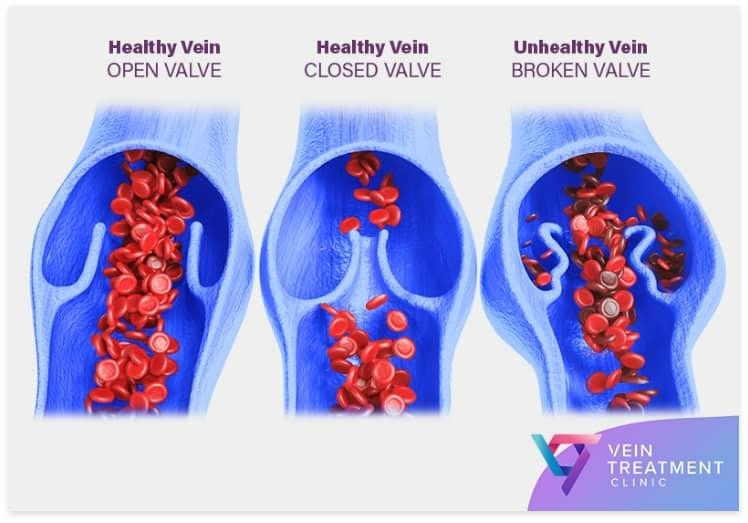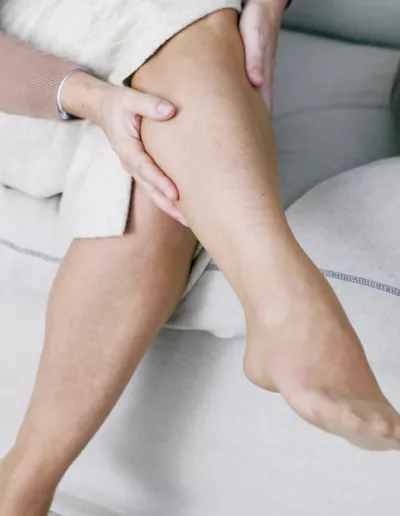What Chemicals are Used in Laser Vein Therapy?
A lot of individuals become confused when exploring the different vein treatments and procedures available to help them overcome varicose veins or spider veins. They may mix up sclerotherapy, which involves injections of a chemical sclerosant, and laser vein therapy, which utilizes laser energy to close or destroy problem veins.
The two are different procedures and depending on varying factors, a vein specialist may recommend one or the other. In some circumstances, however, the procedures may be combined to help optimize results, although a vein specialist should be consulted before trying this method of treatment.
The chemicals used in sclerotherapy include either “hypertonic saline” or “sodium tetradecyl sulfate”. The chemical is intended to irritate the vessel wall to cause it to collapse and shrink and eventually disappear entirely to get rid of the unsightly appearance of the condition. The procedure is considered safe and does not require downtime following varicose vein treatment. In fact, patients are typically able to return to work or other normal activities.
In addition to the traditional liquid formulation used in sclerotherapy, a foam formulation of the chemical sclerosant may also be used. The vein specialist san jose says foam formulation has a few advantages over liquid formulation. For one, it is easier to view on ultrasound, making it easier to track and ensure its effective spread in the treatment area. It is also more effective in displacing blood in the vein, allowing for greater contact with the vessel wall for a longer period.
What are the side effects of Sclerotherapy?
There may be a few side effects associated with sclerotherapy and foam sclerotherapy and those interested should seek consultation with a vein doctor san jose to discuss them before treatment. There may be itching, redness, and bruising at the treatment site, but these should resolve within a couple of days. Itching and burning may be present immediately after treatment as well.
With foam sclerotherapy, there may be a higher risk of microembolisms, which are tiny blood clots in the treatment area. Rare side effects may include allergic reactions, infection, and other complications associated with poor injection technique.
Laser Therapy for Spider veins
Laser therapy is currently the safest, effective, and painless procedure for spider vein treatment and facial veins. It is very accurate and direct. The laser targets the insufficient vessel, then sending a very strong burst of light which causes the vein to fade and the body re-absorbs it.
Laser vein removal is considered the most appealing cure for visible spider veins because there is no use of needles or incisions. With laser vein removal some patients will feel a mild warming sensation which is tolerable without any local anesthetic. A cooling tip on the end of the headpiece creates a more comfortable vein treatment near me. Laser vein removal procedures will usually last about 15 - 45 minutes depending on the area. It is possible to require anywhere between 1 - 3 treatments depending on the severity of the condition or the number of spider veins present.
Article Source : https://veinclinicsca.mystrikingly.com/blog/what-chemicals-are-used-in-laser-vein-therapy


Comments
Post a Comment